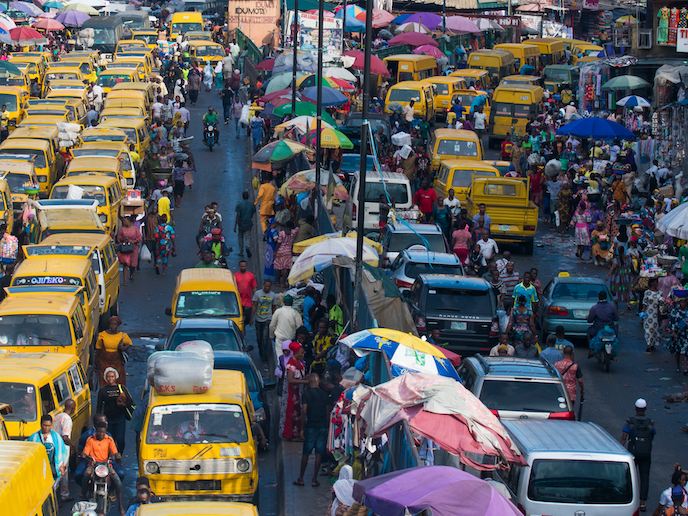Europe shares expertise in support of improved African road safety
African road safety figures are concerning, with 26.6 fatalities per 100 000 population in 2016 – three times that of Europe(opens in new window). While European road deaths are stabilising, the organisations in Africa responsible for improving the situation lack the necessary knowledge and skills. The EU-funded SaferAfrica project, set up to share expertise between the two continents, was founded on four pillars: Road Safety Knowledge and Data, a Road Safety Traffic Management Capacity Review, Capacity Building and Training, and Sharing Good Practices. Last year, the project’s range of approaches and tools won the Prince Michael International Road Safety Award(opens in new window) for their contribution to road safety improvement through scientific innovation.
Sharing knowledge
The SaferAfrica team established the African-European Dialogue Platform on road safety as a means to enable intercontinental cooperation. It linked road safety policy-makers, donors and professionals – those who can implement the necessary regulatory, financing and planning measures – for supportive exchanges leading to policy recommendations and concrete actions. “One of the aspects of the project I am most proud of was the www.africanroadsafetyobservatory.org (African Road Safety Observatory), a web portal with specialised road safety information, such as country factsheets, good practices and webinars. Using crowdsourcing, we also developed a means for ordinary citizens to report road safety problems and potential solutions,” says Luca Persia, project coordinator. A free road safety e-learning course was developed, targeted at professionals and covering topics such as road safety management, accidents data collection, safe roads, safe vehicles, safe users and post-crash care. A Train the Trainer manual was also introduced to lecturers to incorporate into their curriculum. Additionally, to help improve research capability, a twinning project was set up between the Research Centre for Transport and Logistics (CTL) at Sapienza University, Italy and the National Advanced School of Public Works (ENSTP), Cameroon. A Transferability Audit was completed to identify potential cultural, institutional and economic barriers to the implementation of road safety good practices and a tool developed for assessing the likely impact of interventions. The Africa-EU Task Force on Transport and Connectivity(opens in new window) (part of the new Africa-Europe Alliance for Sustainable Investment and Jobs) highlighted road safety as one of its focus areas. The signs are that there is still much scope for building on the project’s achievements. “Both SaferAfrica’s platform and observatory are frontrunner examples of capacity building that can be replicated around the world,” notes Persia.
Drawing on a broad range of stakeholder expertise
Stakeholders ranged from government ministries and road authorities to international NGOs and community-based organisations, as well as business providers of products and services. The Management Board comprised 11 prominent international institutions of political unions (AU(opens in new window) and EU)(opens in new window), multilateral development banks (WB(opens in new window) and AfDB)(opens in new window) and other key organisations (UNECA(opens in new window), WHO(opens in new window), IRF(opens in new window), IRU(opens in new window), ITF(opens in new window), FIA(opens in new window) and PIARC)(opens in new window). To date, the Dialogue Platform has held 4 workshops, 8 webinars, dedicated web consultations and country meetings, generating an online community of almost 200 stakeholders from 41 African countries. Taking into account the heterogeneity of Africa, a Road Safety Management Capacity Review was conducted in five countries (Burkina Faso, Cameroon, Kenya, South Africa and Tunisia) representing a range of socio-economic situations and availability of data. These reviews resulted in proposals for remedial and sustainable activities, with initial steps already underway in all countries. However, a well-defined road safety investment strategy still needs to be developed.



